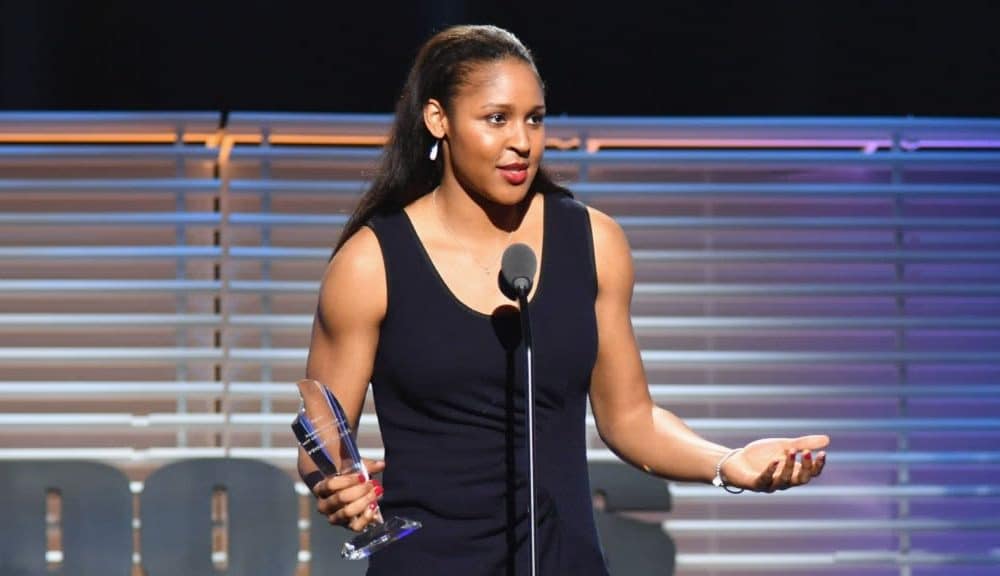
And so I utilized my resources in the sports world, which connected me to people who’ve been in this space for a long time, and I got educated.” She learned that though the U.S. As her list of athletic accomplishments grew, so did her friendship with Irons and her understanding of his case: “My whole motivation for learning about criminal justice reform came from my relationship with Jonathan and knowing him and caring about him as a person. “I had no real understanding of the reality of prison or criminal justice until I heard about Jonathan’s story as an 18-year-old,” she says. Moore began speaking out about Irons’s case in 2016. She had yet to be called the “greatest winner in the history of women’s basketball,” bring home two Olympic gold medals, and ignite a new wave of athletes fighting for social justice when she and her teammates on the Minnesota Lynx would become among the first athletes to wear Black Lives Matter T-shirts on the court. She had yet to become the number-one draft pick in the WNBA, where she would lead her team to four championships. She had yet to go to the University of Connecticut, where she would win more games than any player in college basketball history. Moore was just 18 at the time they met and had learned of Irons’s story through her godparents, who’d become close with him through a prison ministry. “It stirred something in my heart because I was not used to that.” At the age of 16, he’d been charged with burglary and assault, and at 18 was sentenced to 50 years in prison for crimes he did not commit.



“She was so warm and loving and kind and she looked me in the eye,” Irons says. When Maya Moore met Jonathan Irons, her presence brought him to tears.


 0 kommentar(er)
0 kommentar(er)
